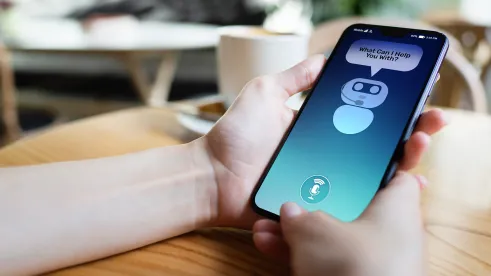The Telephone Consumer Protection Act (“TCPA”) generally prohibits automated calls, including text messages, to cell phones without sufficient prior express consent, and imposes a statutory penalty of $500 to $1,500 per call/text in violation. Calls that serve an “emergency purpose” are completely exempt from the TCPA. The FCC’s rules define “emergency purpose” to mean “calls made necessary in any situation affecting the health and safety of consumers.” See 47 C.F.R. § 64.1200(f)(4).
in a Declaratory Ruling issued March 20, 2020, the FCC declared that the COVID-19 pandemic is an “emergency” under the TCPA and that calls and text messages from healthcare providers (including hospitals, physicians, pharmacies, health plans, etc.) and government officials about the coronavirus are exempt from the TCPA.
The FCC identified two criteria to determine whether a call relating to the pandemic qualifies as an “emergency purpose” call:
-
The caller must be from a hospital, health care provider, state or local official, or other government official and the call must be initiated by a person acting under the express direction of such an organization; and
-
The content of the call must be solely informational, necessary due to the COVID-19 pandemic, and directly related to the imminent health or safety risk arising out of the pandemic.
For example, under the ruling, calls from a hospital that provide vital and time-sensitive health and safety information intended to slow the spread of the virus would fall squarely within the emergency purpose exemption. Another example of permissible emergency communications include informational calls that inform and update the public about measures to address the pandemic made on behalf of, and at the express direction of a health care provider. Calls made by a government official to inform citizens of “shelter-in-place” requirements, quarantines, medically administered testing information, or school closures also qualify as emergency calls under the ruling.
In contrast, calls that contain any advertising or telemarketing fall outside the “emergency purpose” exemption. The FCC explicitly stated that calls advertising a commercial grocery delivery service, health insurance, or home testing kids for COVID-19 are not covered and thus, still require the prior express written consent of the called parties. Calls made to collect debts from coronavirus-related health care treatment do not qualify as emergencies either.
TAKEAWAY: The FCC’s declaratory ruling covers a narrow category of automated calls and text messages that provide the public information about essential, time-sensitive, and potentially life-saving measures by hospitals, health care providers, and governments to contain the spread of the COVID-19 outbreak. For calls to qualify as an “emergency purpose,” they must be solely informational and cannot contain any advertising or telemarketing of services.




 />i
/>i
